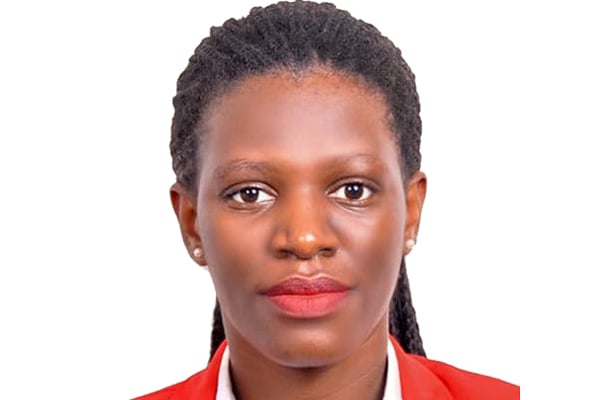Prime
Covid-19 Town Hall: Forcing debate on ‘Holy Grail’ narrative

Kezia Koburungi
As former US Vice President Hubert Humphrey once said; Freedom is hammered out on the anvil of discussion, dissent and debate.
This incontrovertible truth is playing out in real-time in Uganda and many countries around the world where governments scrambled over the past 18 months to seize the narrative about the global Covid19 pandemic; and while at it, beat their citizens into submission to new rules, dictates and SOPs invented supposedly keep them safe from the virus.
At the onset of the pandemic, global media houses broadcast shocking images of the “Autocratic Chinese regime” herding citizens into quarantine in apartments; bartering and arresting thousands for flouting Covid-19 rules. The scenes were then unimaginable, and in fact pundits, government officials and politicians in western countries gloated about how such could never happen in their “free world.”
But as months passed, these were to be proven wrong as more of these abuses gradually permeated their cities in Europe, the United States, Australia and elsewhere.
As private businesses, schools and places of worship were ordered shut, social meetings and parties forbidden and nightly curfews became the order of the day, it became apparent that a new era was on the horizon.
In the end, as governments exerted pressure on citizens even as evidence of the ineffectiveness of these measures emerged, people became fed up.
And in one country after the other, people took to the streets. Just late last month, violent protests broke out in Melbourne, Brussels and in Amsterdam where thousands protested lockdown measures. Similar riots erupted in Austria, Croatia, Italy, France and several nations in Central America.
In Uganda, thankfully, no such protests have broken out, but indisputably disquiet has been rising among citizens over government’s overzealous and often irrational Covid measures.
As noted by former Kasese MP Winnie Kiiza, Ugandans started growing suspicious right after the Covid-19 measures were weaponized to suppress the political opposition in the build up to the 2021 elections.
“The first days of the lockdown, Ugandans were in total support of the President. In our case (opposition), we believed that the country was preparing for any eventuality,” she said. “But as time went on, it became political. People were forced out of their businesses, they banned political rallies in the name of Covid-19… at that time government lost its credibility.”
Kiiza was speaking on November 1 at the weekly Covid-19 Town Hall meeting, a new but growing platform for debate on the effects of global Covid19 measures.
The town hall, which is held virtually every Monday, is a reality check on how well-intentioned the Covid19 interventions put forward by governments, big tech and big pharma are.
Many Ugandans from different spheres including politicians, medical experts, religious leaders, journalists and civil rights defenders have appeared to share views on the Covid19 measures and their impact on people’s daily lives, livelihoods and basic freedoms.
While still seemingly a lone voice in countering government’s unchecked narrative, the town hall over the past weeks has consistently provided perspective on topics which otherwise have remained a no-no on mainstream media.
Pharmacist Dr Eva Mugasa, a regular, and Dr Carol Atugonza have appeared on the town hall to debunk claims on vaccine mandates and shed light on alternatives such as herbal therapeutics and natural immunity.
“Right now our government, which is taking advice only from the CDC and WHO, is only talking about mass vaccination, and natural immunity is taking the back seat” warned Dr Atugonza. “But the fact is that the vaccines they are talking about don’t prevent Covid-19.”
The platform has also attracted distinguished health, political and legal experts from outside the country, the likes of Jeffrey Tucker, (founder of the Brownstone Institute), Dr Mark Changizi (Theoretical Cognitive Scientist), lawyer Sean Nelson, among others, who have all shared insights on religious rights, vaccine mandates and international law.
Kezia Koburungi is a Communication Specialist




